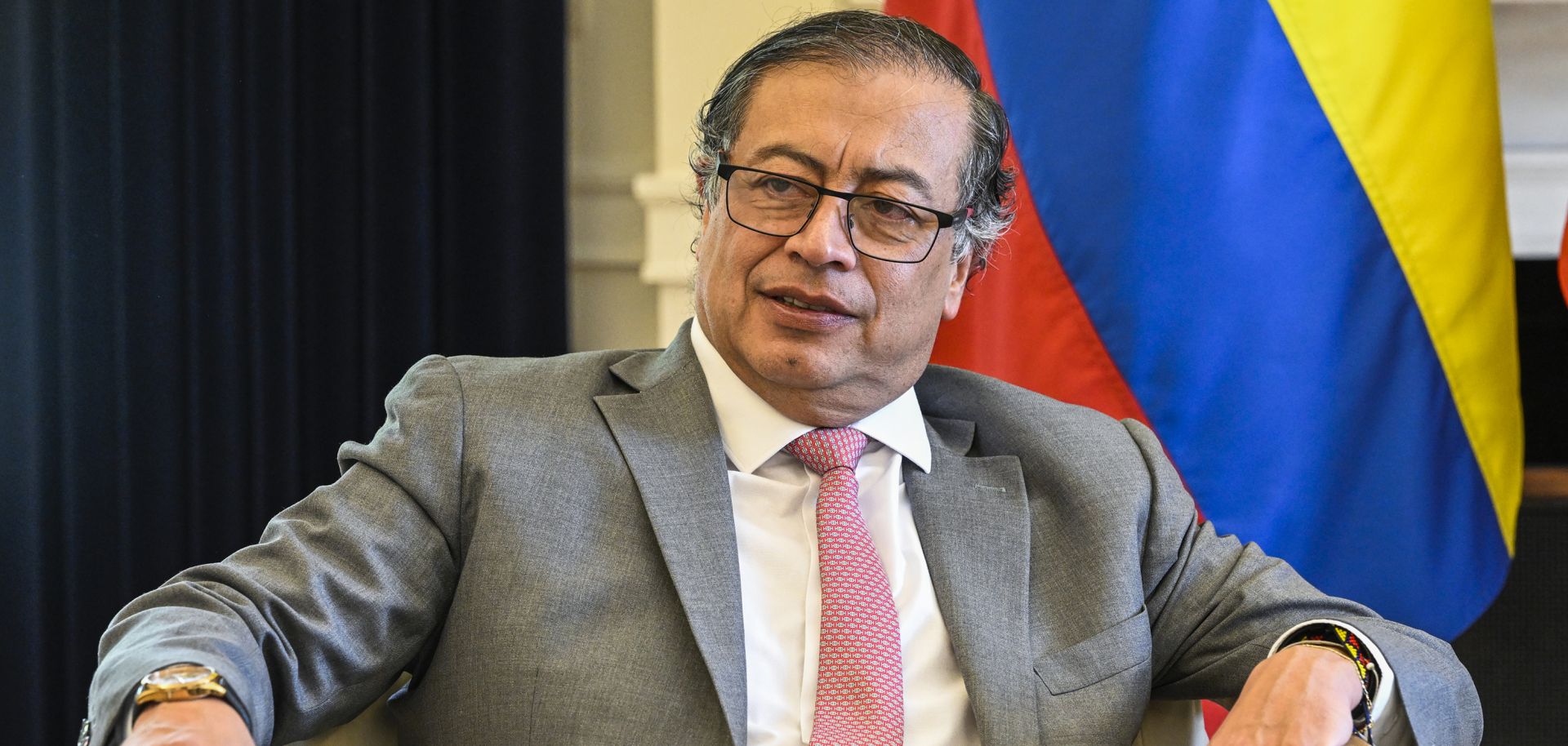The Colombian government's struggle to pass legislation highlights President Gustavo Petro's challenges to reach a consensus with lawmakers and civil society, which will likely lead him to resort to decrees or referendums before the end of his term in August 2026, exposing businesses to regulatory uncertainty and risks of unrest over the next two years. On June 19, the president of Colombia's Senate, Ivan Name, announced that the government-promoted education reform would not be put to a final vote, after demonstrations organized by the Colombian Federation of Educators (or Fecode, in Spanish) led the government to backtrack from a deal reached with the opposition, ultimately impeding a new agreement before the end of the legislative session on June 20. With a minority coalition in Congress and an opposition that often deployed tactics to delay or block government proposals, Petro's supporting base had to make concessions so significant to secure support...

